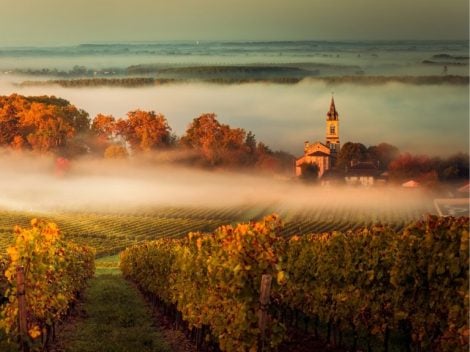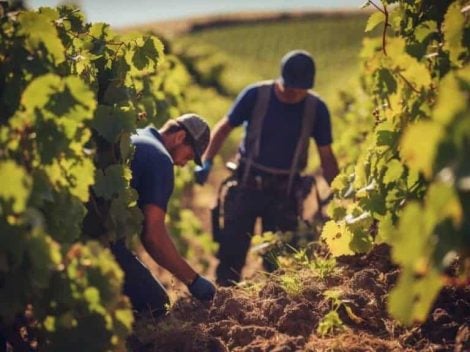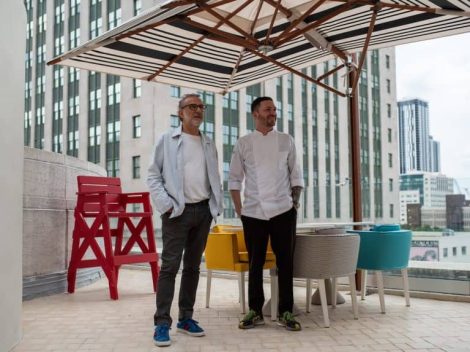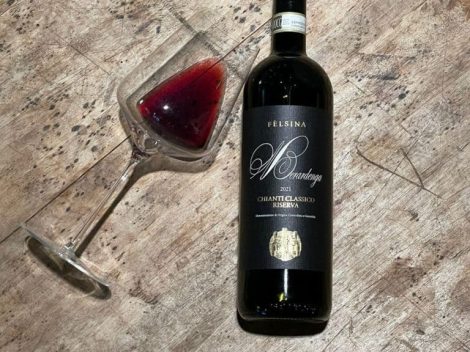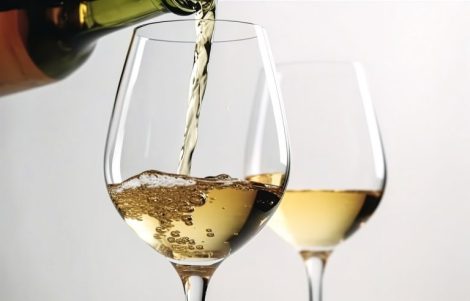Are we living in a society founded on alcohol? The Manifesto for Joyful Sobriety, recently launched in France by the sober sommelier Benoît d’Onofrio in collaboration with Aitor Alfonso, offers various perspectives, from the alleged dictatorship of ethanol in social life to a strongly skeptical attitude towards everything devoid of alcohol. Certainly, the offering of soft drinks (kombucha, proxies, bubble tea, extracts, signature juices) has never been so diverse, comprehensive, and competitive. We extensively discussed this in our monthly magazine available at newsstands. There is another way of drinking that is carving out an increasing space. Among the upcoming events, we recall the No/Lo Bolo Fair on January 15 in Bologna, the first Italian fair specialized in non-alcoholic drinking.
The manifesto is structured in five points. The stated goal is to reevaluate the state of sobriety "which can be just as energizing and exhilarating even without alcohol." Benoit d'Onofrio, with a background as an old-school sommelier who later dedicated himself fully to the wide range of non-alcoholic options, does not preach absolute abstinence. He aims to reaffirm the drinker's free determination. There are no norms or rules in the text; joyful sobriety simply explores a different way of drinking. "It proposes an approach to alcohol consumption in the same way that flexitarianism approaches meat consumption: an openness to the diversity of beverages."
1.Drink when I want, if I want
It's about resisting the alcoholic imposition in society, not abstaining. We aim to unveil the social alcoholism that is the equivalent of a sommelier's professional alcoholism. There is joy in choosing to remain sober, in consuming a non-alcoholic beverage according to desires and moments. We defend the idea that drinking "without" is a choice that does not erase the act of drinking "with" when one desires.
2.Expand the domain of taste and pleasures
The expression "drinking" automatically implies alcohol ingestion, and this assumption must be challenged. Drinking without alcohol is also drinking, finding pleasure in quenching thirst. Joyful sobriety is not a deprivation but, on the contrary, a richness, that of discovering other scents and flavors. The alternative to alcoholic beverages cannot be reduced to overly sweet drinks or bland mixtures: we invite bartenders, sommeliers, chefs, and winemakers to put all their creativity into serving taste without alcohol!
3.Enjoy the moment with clarity
Far from being a source of boredom, joyful sobriety allows us to grasp the festive life and participate in it consciously. It helps in finding pleasures elsewhere than in systematic intoxication. Let's dance if the music invites us, laugh if the joke is amusing, make love if we want, go to sleep if we're tired... The occasional intoxication becomes rarer and hence more precious.
4.Gift yourself a brighter tomorrow
Yes, you can embrace the desire to have a fresh mind and a light body the morning after a party or dinner. Admit that not drinking alcohol seems like a rest, that there is happiness in not feeling miserably drunk when going to bed and waking up with nausea. For the joy rather than the aftermath of a hangover.
5.Thirst for connections
We don't need alcohol to form a group or a society. The pleasure of gathering around a plate and a glass stems from the sharing of ideas, words, emotions. Joyful sobriety, far from breaking them, brings together all these bonds: it defends "drinking together," inclusive and friendly. Our society is alcoholized: social relationships seem conditioned, even enabled, by alcohol. Joyful sobriety defends a society of free drinkers.

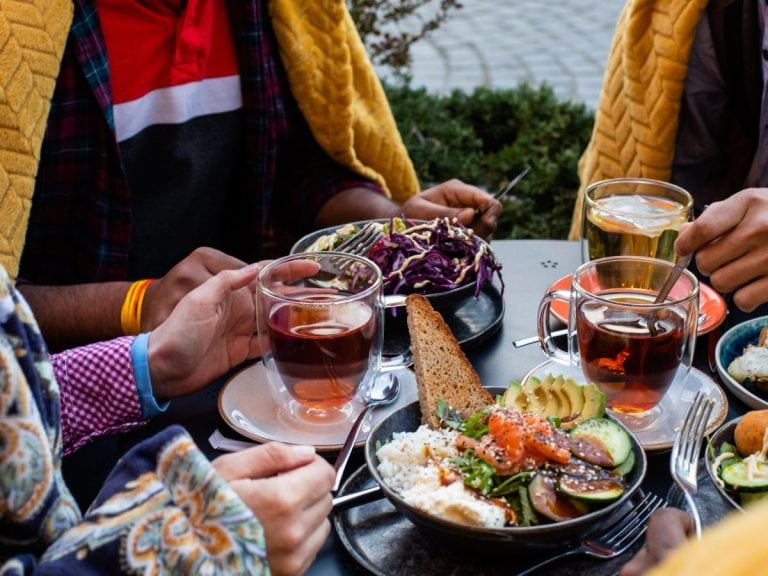
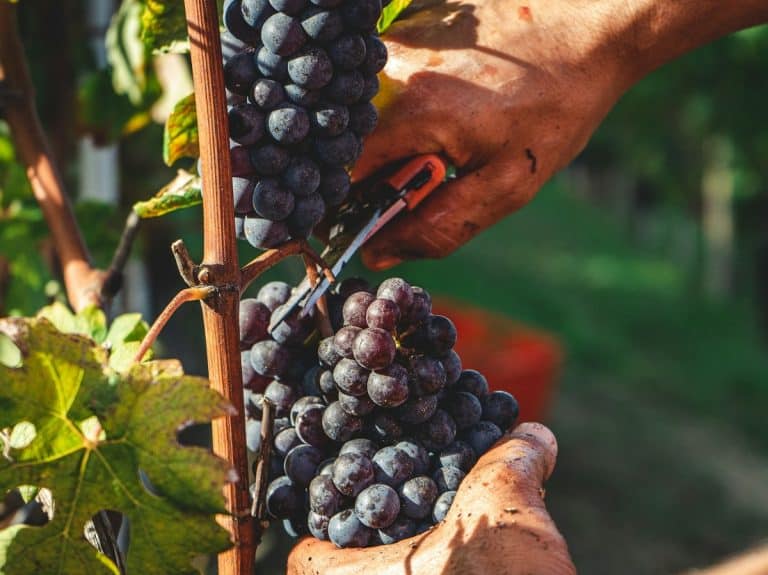 Wine promotion, vineyard uprooting, and support for dealcoholised wines: the European Commission's historic compromise on viticulture
Wine promotion, vineyard uprooting, and support for dealcoholised wines: the European Commission's historic compromise on viticulture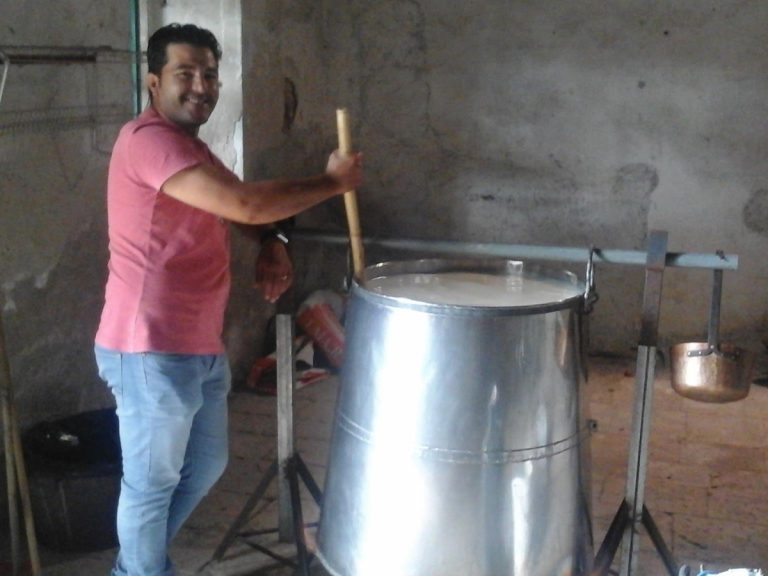 A small Sicilian farmer with 40 cows wins silver at the World Cheese Awards
A small Sicilian farmer with 40 cows wins silver at the World Cheese Awards Women are the best sommeliers. Here are the scientific studies
Women are the best sommeliers. Here are the scientific studies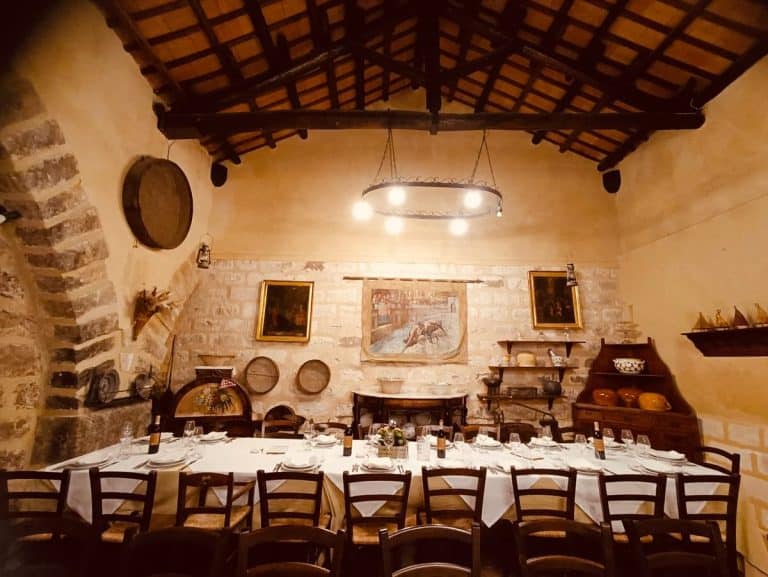 Where to eat at a farm stay in Sicily: the best addresses in the Provinces of Trapani, Palermo, and Agrigento
Where to eat at a farm stay in Sicily: the best addresses in the Provinces of Trapani, Palermo, and Agrigento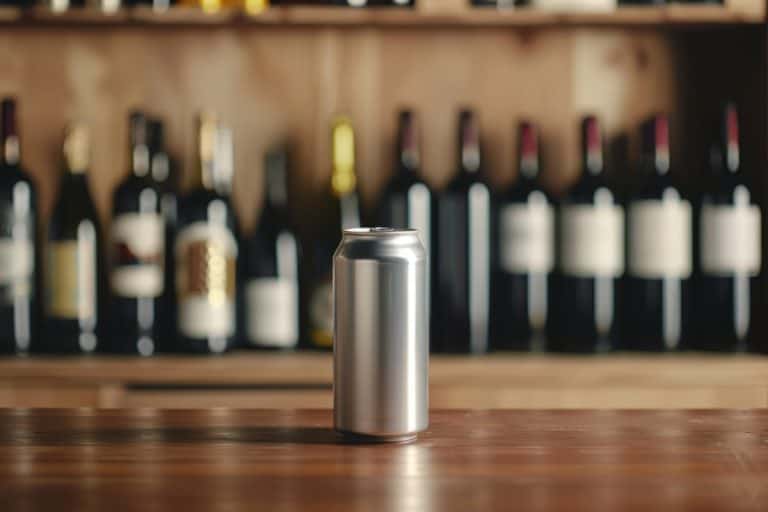 Wine in cans, bottle-fermented, and alcohol free: the unstoppable change in Gen Z’s tastes
Wine in cans, bottle-fermented, and alcohol free: the unstoppable change in Gen Z’s tastes